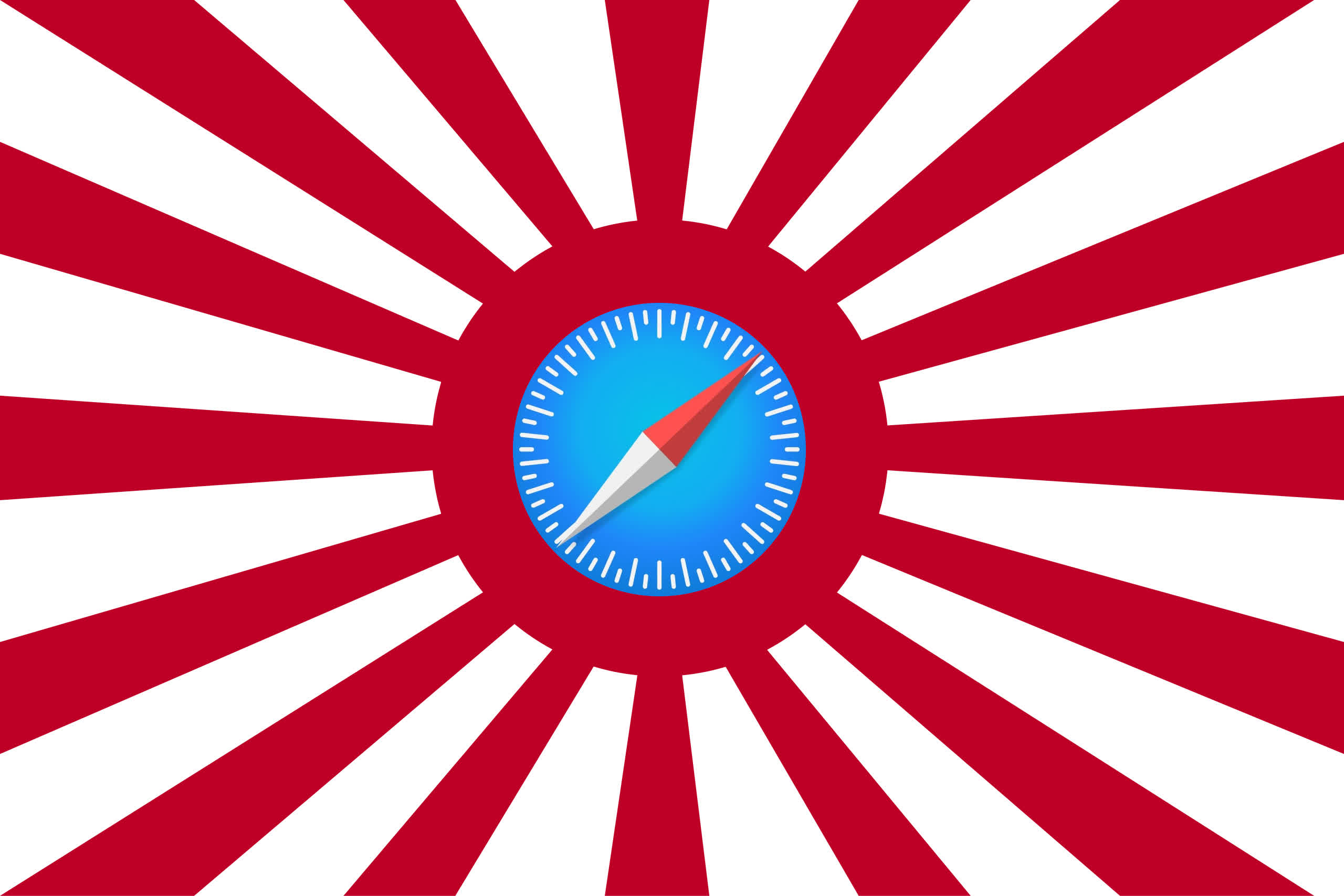A hot potato: Apple's tight grip on iOS browser technology is facing a global reckoning. With Japan joining the EU and UK in demanding real engine-level competition, 2026 could become the year Apple finally loses control over how the web works on its platform.
Japan has officially ordered Apple to allow third-party browser engines on iOS, setting a clear deadline of December 2025. The move comes as part of new guidelines published under the Mobile Software Competition Act (MSCA), which expands on Japan's recently passed Smartphone Act and directly targets long-standing App Store restrictions.
Apple currently requires all iOS browsers – including Chrome, Firefox, and Edge – to use its proprietary WebKit engine. That policy has prevented meaningful competition and severely limited the performance and capabilities of rival browsers, according to digital rights groups and regulators.
"By mandating the use of WebKit, Apple effectively banned independent browsers from iOS," said Open Web Advocacy, a group that consulted on the law and helped shape the government's Final Report. "This new legislation changes that, not only outlawing outright bans but also practices that make alternative engines unworkable."

The new guidelines prohibit Apple from blocking or hindering the adoption of third-party browser engines. That includes indirect actions such as imposing unreasonable technical or financial barriers, or steering users away from non-WebKit browsers. Regulators will evaluate whether Apple's conduct makes it likely – not just possible – that alternative engines cannot succeed.
The law also guarantees browser makers full access to key system APIs. While Apple can offer alternate APIs, the rules make clear they cannot be materially worse than those used by Safari or WebKit. This provision mirrors similar language in the EU's Digital Markets Act but includes added clarity around performance standards.
Another requirement is the introduction of browser choice screens, which must appear promptly after a device's first activation. The MSCA specifies that users must be prompted either during setup or at the first launch of a relevant app.
This level of specificity goes further than the EU's Digital Markets Act, which mandates choice screens but leaves more flexibility around timing. By locking down when and how the prompt appears, Japan aims to ensure users actually see – and act on – their options. The UK is attempting to adopted similar regulations, as well.
"[This year] could be a turning point for browser competition," Open Web Advocacy said. "But that depends on regulators staying the course – and Apple doing more than the bare minimum."
